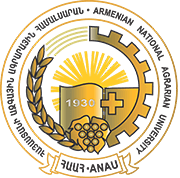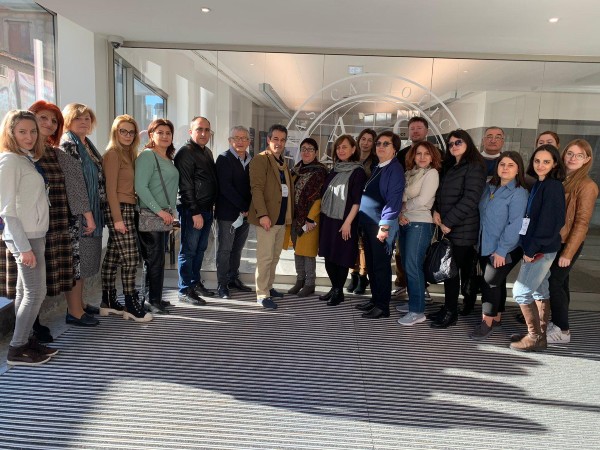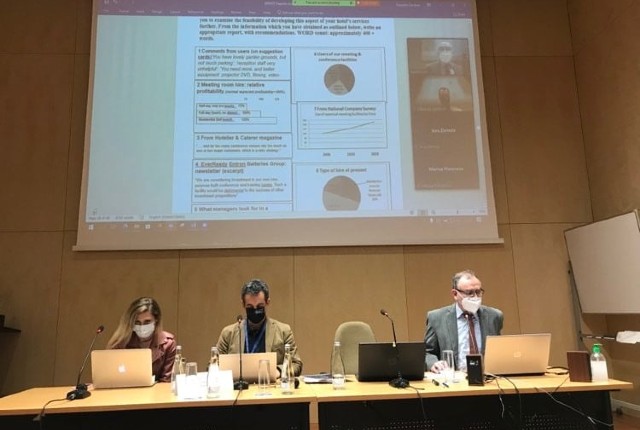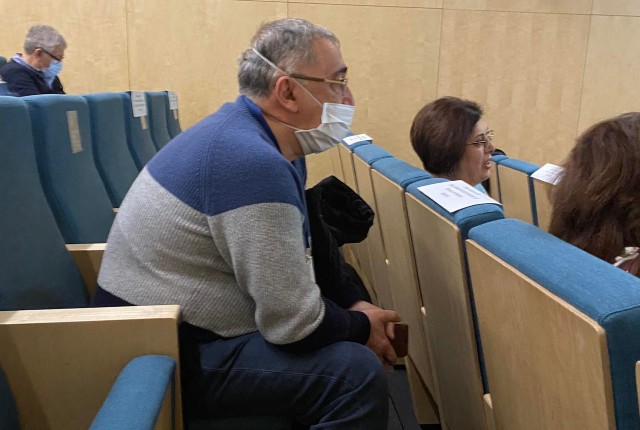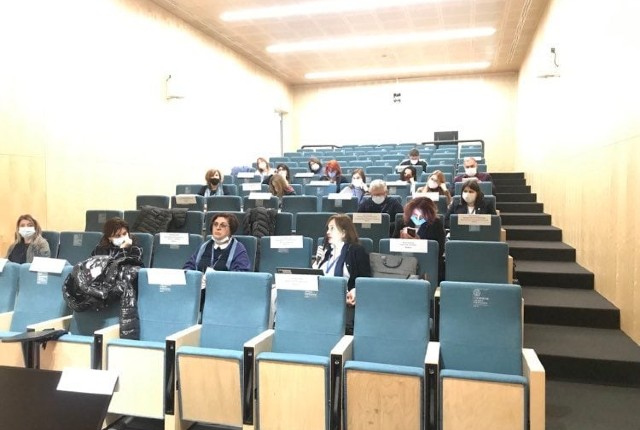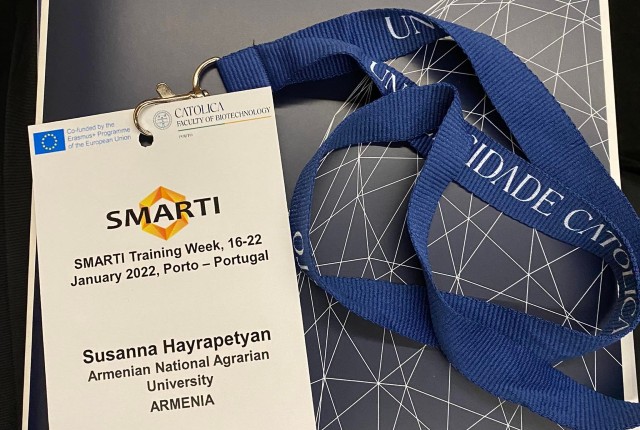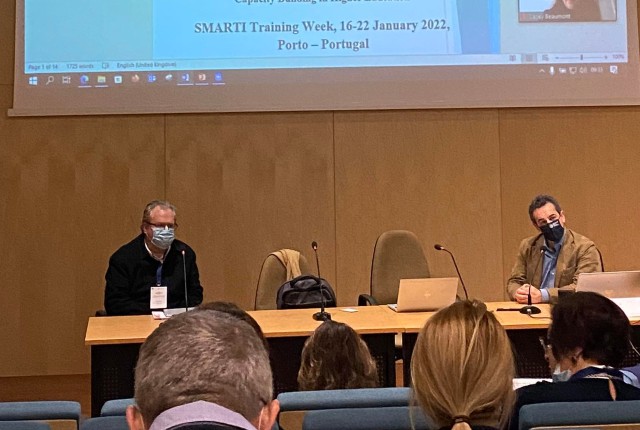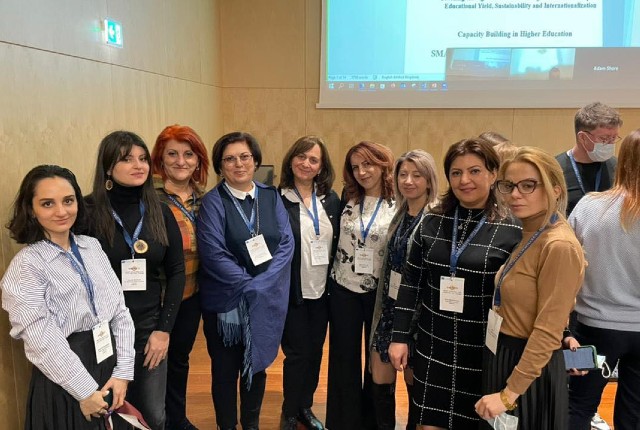Within the frameworks of the Erasmus + KA2 SMARTI project a training was held during 16-22 January 2022 in Porto city, Portugal entitled “ECTS/ Tuning framework”. The training participants included the Armenian and Russian project consortium member including ANAU. The training was organized by one of the project coordinator Catholic University of Portugal which was conducted by Dresden Technical University, Riga Technical University and Liverpool John Moores University. The head of the quality management division at the Center of Quality Assessment and Assurance, SMARTI project researcher Ara Amiryan and Agri-tech incubator program coordinator, SMARTI project coordinator Susanna Hayrapetyan participated in the training on behalf of ANAU.
On the first day of the training Tim Hogg from Catholic University of Portugal presented the university with its infrastructures and faculties as well as educational and international projects and Eduardo Cardoso shortly introduced the outcomes of the first work package of the project: preparation.
After a short break the main part of the training session began which was devoted to presentation writing. Sven Riddell from Dresden Technical University delivered a training on the presentation visibility, content, techniques as well as he mentioned the mistakes to avoid in making presentations. Sven Riddell also brought up the topic of presentation design including its structure, visuals, animations and interactive tools. The participants spent the second part of the training session on completing the assignment of making a presentation on a given subject and presenting it.
The first training session on Tuesday was conducted again by Sven Riddell on the techniques of writing a cover letter and a motivation letter. The differences of the contents and aims of these two letters and often occurred mistakes were mentioned by the speaker and the participants were provided with the links for the better understanding of the topic.
The professors of the Riga Technical University Marina Platonova and Tatjana Smirnova opened the afternoon part of the session. The material prepared by Marina Platonova referred to the aims, tasks and the learning outcomes of the new subject of Riga Technical University called “Digital Humanities”. She also introduced in detail the principles of the student-centered learning. The session was interactive thus Mrs. Platonova answered to all the questions addressed to her and shared with the best practices utilized in their university.
Professor Tatjana Platonova from the same university spoke about ECTS/Tuning framework mentioning the main features, tasks and learning outcomes of the system. She also emphasized the importance of applying Bloom’s Taxonomy in the process of writing learning outcomes.
Mrs. Platonova discussed the following topics with the participants on the next day of the training:
- Using ECTS Users’ Guide
- Using ESG
- CEFR in the academic process and quality assurance
The assignment was given to the training participants to make a list of the competences, knowledge and skills to be attained within in the study course they deliver.
Afterwards the trainings were already delivered by the professors of the Liverpool John Moores University. Professor Amanda Mason covered the topic of the curriculum design and the learning outcomes mentioning the importance of using active verbs as well as she spoke about the task-based language learning. On the same day Mrs. Mason briefly introduced the LJMU’s framework for quality and standards and the roles of internal/ external moderators.
The last day of the training week was devoted to the team works. The participants were given the assignments to write learning outcomes for the given module and present one formative and one summative assessment for the same module.
On the 21st of January the Armenian and Russian training participants submitted the deliverables of the week and received corresponding remarks from Sven Riddell.
In general, the training week of SMARTI project was very productive. ANAU participants are going to share the acquired experience with their colleagues.
